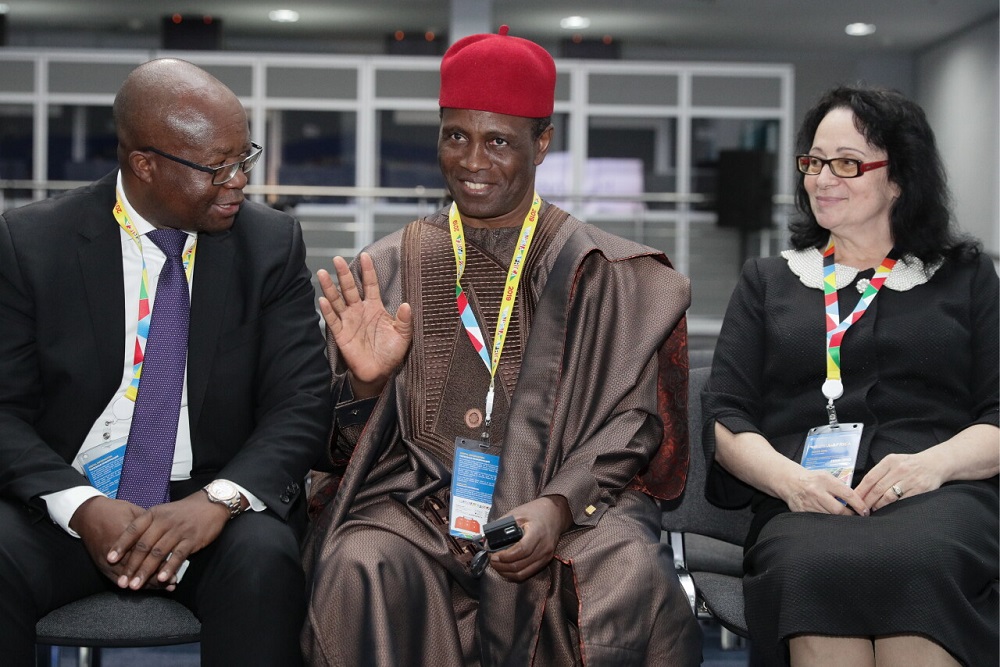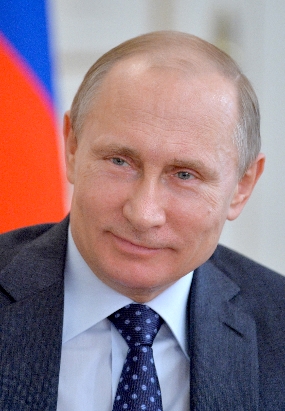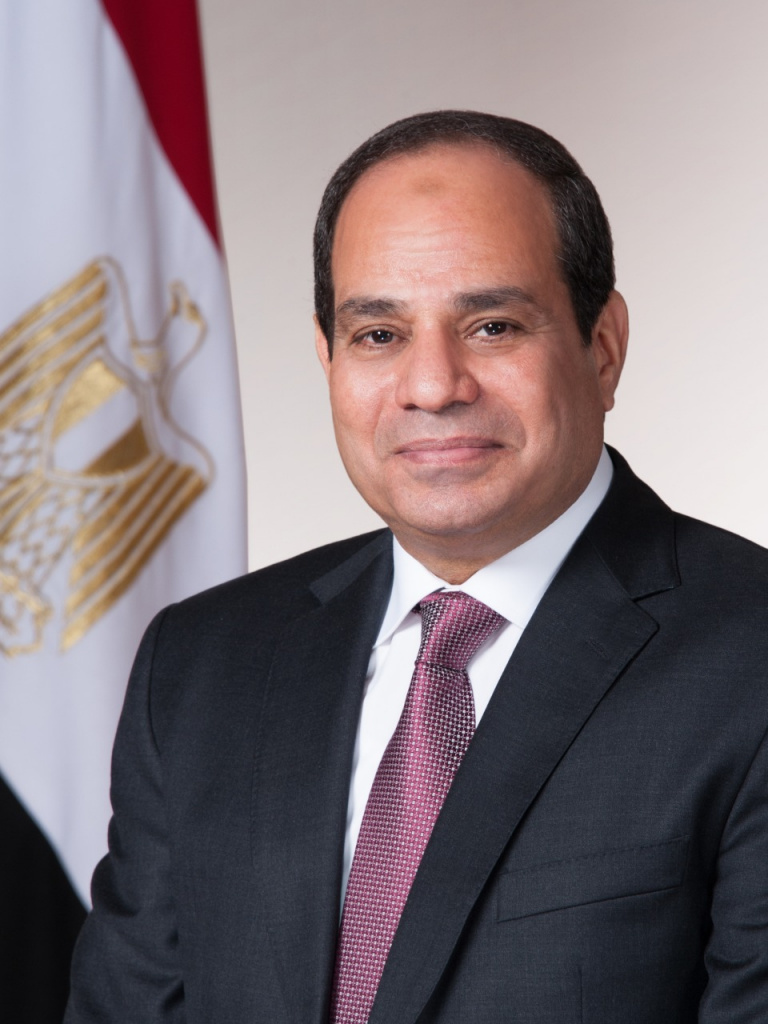The Eurasian Economic Union and Africa: Trends and Opportunities to Develop Integrated Processes and Collaborate

KEY CONCLUSIONS
Economic integration boosts the development of the continent
“Establishment of regional economic associations is an existing global trend of modern development of the humanity. At the moment Africa has eight regional economic associations that pursue the same objectives: to create favourable conditions for people and for business. The point of these economic associations is by jointly effacing boundaries for goods, workforce, capital and services to create more favourable conditions for implementing their national sovereignty and realizing their economic and social development potential,” Tigran Sargsyan, Chairman of the Board, Eurasian Economic Commission.
“There are 55 countries in Africa, and our leaders have come to a conclusion that it is important to integrate the continent and make a transition from fragmented economies to a major economic block. This is the largest block of this sort due to the free trade zone,” H.E. Amani Abou-Zeid, Commissioner for Infrastructure and Energy, African Union Commission.
“If you can enter the global market, you have no barriers for development. But as we do not have such options, we start with the integration scheme, interacting with neighbouring countries,” Caleb Fundanga, President, Institute for Finance and Economics of the Republic of Zambia.
Russian companies’ interest in African market facilitates cooperation between EAEU and Africa
“The African continent is of special interest for Russia. Today almost all our major companies work there,” Sergey Katyrin, President, Chamber of Commerce and Industry of the Russian Federation.
“It is the development of business processes that forms the economy, and our companies that are now actively interested in the African continent, the EAEU countries, can support this trend of cooperation between the largest associations: EAEU on one side, and 55 countries of the African Union on the other,” Nataliya Zaiser, Chair of the Board, Africa Business Initiative Union.
PROBLEMS
The existing international economic system does not take into account interests of many territories
“Many states believe that the existing economic system and international division of labour are not fair. Their national interests are not taken into account, and the principles identified by the World Trade Organization and in cooperation agreements between regional associations and countries do not fully correspond to their ideas of fairness,” Tigran Sargsyan, Chairman of the Board, Eurasian Economic Commission.
“Everybody sees Africa as a mainland, as a continent. But what about the overseas territories? What about all these small islands? They also have huge maritime territories, and nobody knows how to develop them separately. <…> Can Russia help us draft a roadmap, an action plan to manage our ‘blue economy’?” H.E. Usha Chandnee Dwarka-Canabady, Secretary for Foreign Affairs, Ministry of Foreign Affairs, Regional Integration and International Trade of the Republic of Mauritius.
Business greatly depends on politics
“It is very difficult to build a business without political agreements. In any country, no matter how democratic, business always has to look to the authorities, their opinion on how much they can cooperate with specific countries and their economies, and how this cooperation is encouraged by their own leaders,” Sergey Katyrin, President, Chamber of Commerce and Industry of the Russian Federation.
“We had the idea to introduce a common currency on the continent, but we faced some challenges and failed to reach an agreement. How can we have a common currency if countries have different policies, including in finance?” Caleb Fundanga, President, Institute for Finance and Economics of the Republic of Zambia.
Russian banks are hardly present in Africa
“A great hindrance for our business in African countries is the fact that there are no settlements in our national currency, no correspondent accounts in roubles, which results in poor presence of Russian banks in African countries,” Nataliya Zaiser, Chair of the Board, Africa Business Initiative Union.
SOLUTIONS
Market expansion and development of integration
“The bigger the market, the more consumers there are and the better is the private sector, the more jobs there are and the better is the quality of life. <…> We advocate for the market economy, and for us private sector is a sector that we should rely on in order to develop the market. In this context partnerships with other regions and private sectors of other regions is of great importance,” Liberat Mfumukeko, Secretary General, East African Community (EAC).
“Most African countries have a very low income level. If we want to level up to medium or even high income, we need to develop the market to make it much broader,” Caleb Fundanga, President, Institute for Finance and Economics of the Republic of Zambia.
For more information, visit the Roscongress Information and Analytical System at roscongress.org.


